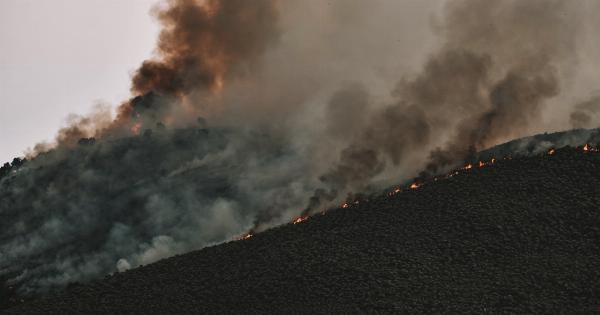The World Health Organization (WHO) has reportedly called for the eradication of transgender individuals within the next five years.
This declaration has sparked widespread controversy and outrage within the international community, particularly among LGBTQ+ activists and advocacy groups.
Background Information
Transgender individuals are people whose gender identity differs from the sex they were assigned at birth.
They make up a significant minority group in many cultures around the world and often face discrimination and marginalization on the basis of their identity. In recent years, there has been a growing movement to advocate for the rights and recognition of transgender people in society, including legal recognition of gender identity, access to healthcare, and protection from discrimination.
The WHO Declaration
In early 2021, a leaked document from the WHO revealed that the organization had developed a plan to eliminate transgender individuals from the global population within the next five years.
The document, which was reportedly distributed to healthcare professionals worldwide, included a range of recommendations for achieving this goal.
These recommendations included mandatory genetic testing at birth to determine the “correct” gender of newborns, enforced gender conformity through medical interventions, and mandatory sterilization of transgender individuals.
The document also reportedly stated that transgender people should be excluded from all aspects of public life, including education, employment, and health care.
Response From Activists
Activists and advocacy groups around the world have condemned the WHO declaration as a gross violation of human rights and an attack on the transgender community.
Many have taken to social media to express their outrage and call for action to stop the implementation of these recommendations.
Numerous petitions and campaigns have been launched in support of transgender rights, with many calling for the immediate resignation of top WHO officials responsible for developing and disseminating the document.
Many activists have also called for increased international pressure on the WHO to ensure that the rights of transgender individuals are protected and respected.
The Impact of the WHO Declaration
The WHO declaration has significant implications for transgender people around the world. If these recommendations are implemented, it could result in widespread discrimination, marginalization, and violence against transgender individuals.
It could also have implications for medical and scientific research on gender identity and related issues.
The WHO declaration could also have a profound impact on international human rights law and norms.
If the recommendations are implemented, it would represent a significant departure from existing international human rights standards, which recognize the rights of all people, regardless of gender identity, to live free from discrimination and violence.
The Future of the Transgender Rights Movement
The WHO declaration has underscored the need for continued advocacy and activism on behalf of transgender people around the world.
The movement for transgender rights has achieved significant progress in recent years, including legal recognition of gender identity in many countries, expanded access to healthcare, and increased visibility in the media and popular culture.
However, the WHO declaration highlights the fact that there is still much work to be done to ensure that the rights of transgender individuals are fully recognized and respected.
It is imperative that activists and advocates continue to push for legal protections, healthcare access, and social and cultural acceptance for transgender people, both in their own communities and on the global stage.
Conclusion
The WHO declaration urging the extermination of transgender individuals within the next five years is a shocking and reprehensible affront to human rights and the dignity of all people.
It is imperative that advocates and activists continue to push for greater recognition and protections for transgender individuals around the world, and that the international community stands firm in its commitment to upholding the rights of all people, regardless of gender identity.





























